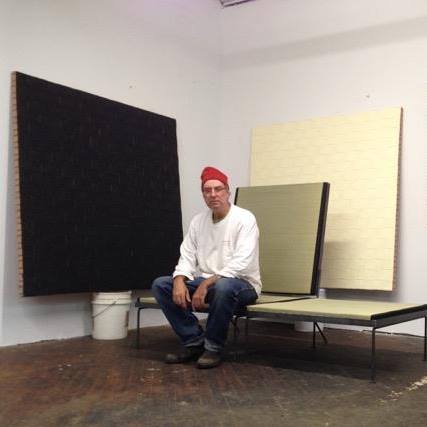Schwarz
View current page
...more recent posts
Curator Nader Vossoughian talks about the exhibition (filmmaker/interviewer: Henk Augustijn).via reference library
Watch this movie on YouTube.
Next chapter in the ‘After Neurath' project. around the Austrian philosopher, sociologist and economist Otto Neurath (1882-1945), who lived in The Hague from 1934 until 1940. The exhibition focuses on Otto Neurath's relationship with architecture and his influence on urban development. Especially his ideas about the democratization of public space and how to reconcile the intimacy and tangibility of the ancient polis with the anonymity and diversity of the global metropolis have been very influential to protagonists like Paul Otlet, Cornelis van Eesteren, Margarete Schütte-Lihotzky andLe Corbusier and resound in mainstream architectural and urban thinking of today.
The exhibition ‘The Global Polis' shows the innovative ideas about the modern metropolis of Neurath -and his famous protagonists- based on the social-democratic ideals of the interbellum. Neurath was especially eager to promote participatory forms of democratic exchange (a 'global polis'), and this exhibition shows his attempts in disciplines as varied as architecture, urbanism, graphic design and planning.
The exhibition is structured in three 'acts'.
The first act, 'The Communal City,' examines Neurath's role in Vienna's extraordinary 'self-help' cooperative settlement movement, which inspired tremendous optimism in architects and planners.
The second act, 'The World City', examines Neurath's efforts to internationalize mass education and social enlightenment through collaborations with Paul Otlet, Le Corbusier and others.
The third act, 'The Functional City', looks at his work with the Congrès Internationaux d'Architecture Moderne (CIAM) and the planner and architect Cornelis van Eesteren specifically. This section explores Neurath's struggles with the mass media and modernist architecture on the eve of the rise of fascism in Europe. It also raises deeper questions about the links between culture and politics today.
